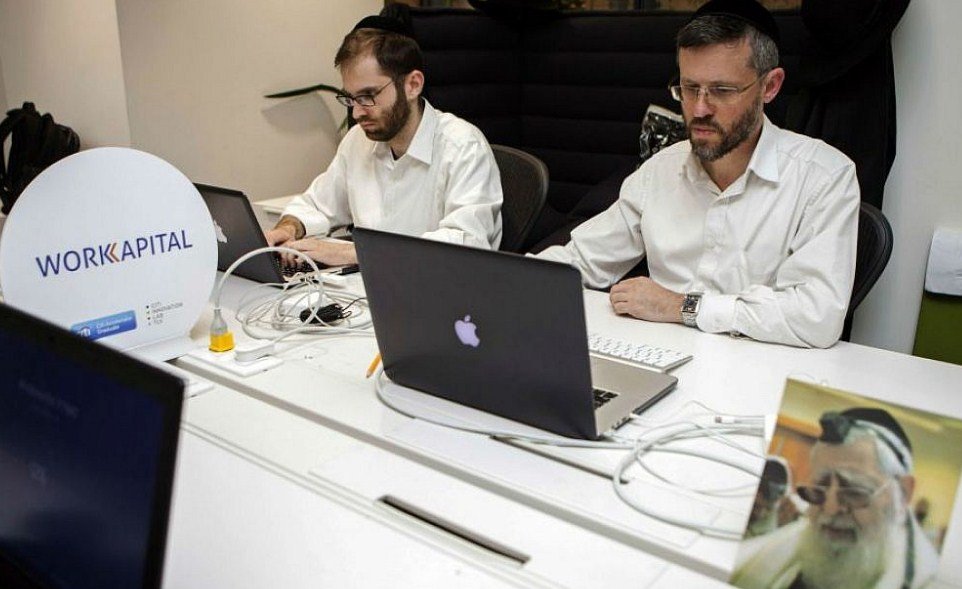Mego: a bridge between tradition and innovation
A startup called Mego is trying to change the lives of ultra-Orthodox Jews in Israel by offering them a chance to enter the lucrative hi-tech industry. Mego is a 14-month-long vocational training programme that teaches programming skills to Haredi men, who typically have little or no exposure to modern technology. The programme aims to help them find jobs in the booming sector that employs about 300,000 people in Israel, but only 3% of them are Haredim.
Mego was launched in 2020 by Yitzik Crombie, an entrepreneur who also founded BizMax, a Haredi startup accelerator in Jerusalem. Crombie believes that a spiritual way of life and economic success are not incompatible, and that Haredim should not be left behind in an increasingly digital world. He said he wants to show the community what is possible and create role models for the younger generation.
The challenges of bridging the gap
The Mego programme is not without challenges, as it requires a radical shift in mindset and lifestyle for many of the participants. Ultra-Orthodox schools do not teach Stem subjects at all, and most Haredi men devote their lives to Torah study rather than work or military service. They also shun modern inventions such as television and smartphones, which are viewed as a threat to their way of life.
To overcome these barriers, Mego offers psychological tests and counselling to make sure the students can adapt to a working environment. It also provides mentors and tutors who are familiar with the Haredi culture and values. The programme is jointly funded by the Haredi-focused Kemach Foundation and the Israeli government, which sees it as a way to reduce poverty and integrate the Haredim into society.
The benefits of tapping into a new talent pool
The Mego programme has enrolled 250 students so far, and hopes to expand to other cities and fields in the future. The graduates are expected to find jobs in various hi-tech companies, such as Microsoft, Intel, IBM, and Wix. Some of them may even start their own ventures with the help of BizMax.
The programme is not only beneficial for the Haredim, but also for the hi-tech industry and the Israeli economy. According to Crombie, there is a shortage of skilled workers in the sector, and Mego can help fill the gap by tapping into a new talent pool. He said that the Haredim have a lot of potential and creativity, and that they can bring a fresh perspective and diversity to the industry.
The programme also aims to foster dialogue and cooperation between secular and religious Israelis, who often have deep divisions over the role of religion in public life. Crombie said that he hopes that Mego can create bridges between different communities and promote social cohesion.

